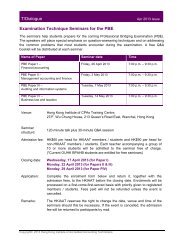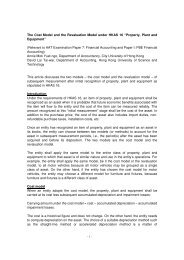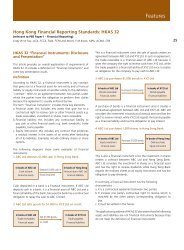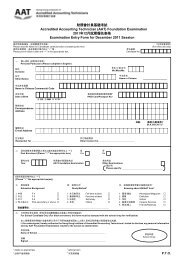International Joint Ventures (2)
International Joint Ventures (2)
International Joint Ventures (2)
Create successful ePaper yourself
Turn your PDF publications into a flip-book with our unique Google optimized e-Paper software.
3) Capital contribution and allocation of profits<br />
The agreement should also specify both the tangible and intangible capital contribution<br />
of the parties and the policy for sharing profits. For example, it may state that the<br />
corporation shall pay a yearly dividend of not less than a certain percentage of the<br />
distributable profit to the shareholders. There should also be procedures for changes of<br />
control.<br />
In some countries, the law requires that the timing of the joint venture capitalization by<br />
the foreign partner be specified. The agreement should therefore fix the payment<br />
schedule for the capitalization, the currency of the payments and how the payments<br />
should be converted to the host country’s currency.<br />
4) Resolving disputes and financial problems<br />
As the joint venture is founded by parties from different countries with different cultures,<br />
it is very likely that there will be disputes due to conflicting management styles,<br />
misunderstandings, poor communication and differences in expectations.<br />
The joint venture agreement should therefore clearly spell out the mechanisms for<br />
resolving these disputes. Otherwise, management deadlocks may result. Both internal<br />
and external dispute resolution mechanisms should be considered. One common<br />
method is to make use of arbitration if the internal resolution mechanism fails. But issues<br />
like location of arbitration and choice and number of arbitrators have to be considered.<br />
In addition, there may be financial problems or defaults in performance by one of the<br />
parties. The remedies and any interim measures to address such problems need to be<br />
discussed beforehand.<br />
5) Property rights and confidential information<br />
An international joint venture may need to use intellectual property owned by one of the<br />
parties: this may be designs, brands, inventions, database rights or copyright. Therefore<br />
the parties should consider how confidential information and other intellectual property<br />
rights can be shared and protected. Usually the licensor may grant a licence which<br />
specifies what rights and restrictions there are on the joint venture to use the intellectual<br />
property. If necessary, a separate confidentially agreement or non-competition<br />
agreement has to be signed. In addition, issues like proprietary rights and ownership of<br />
any new intellectual property created by the joint venture need to be considered.<br />
3

















